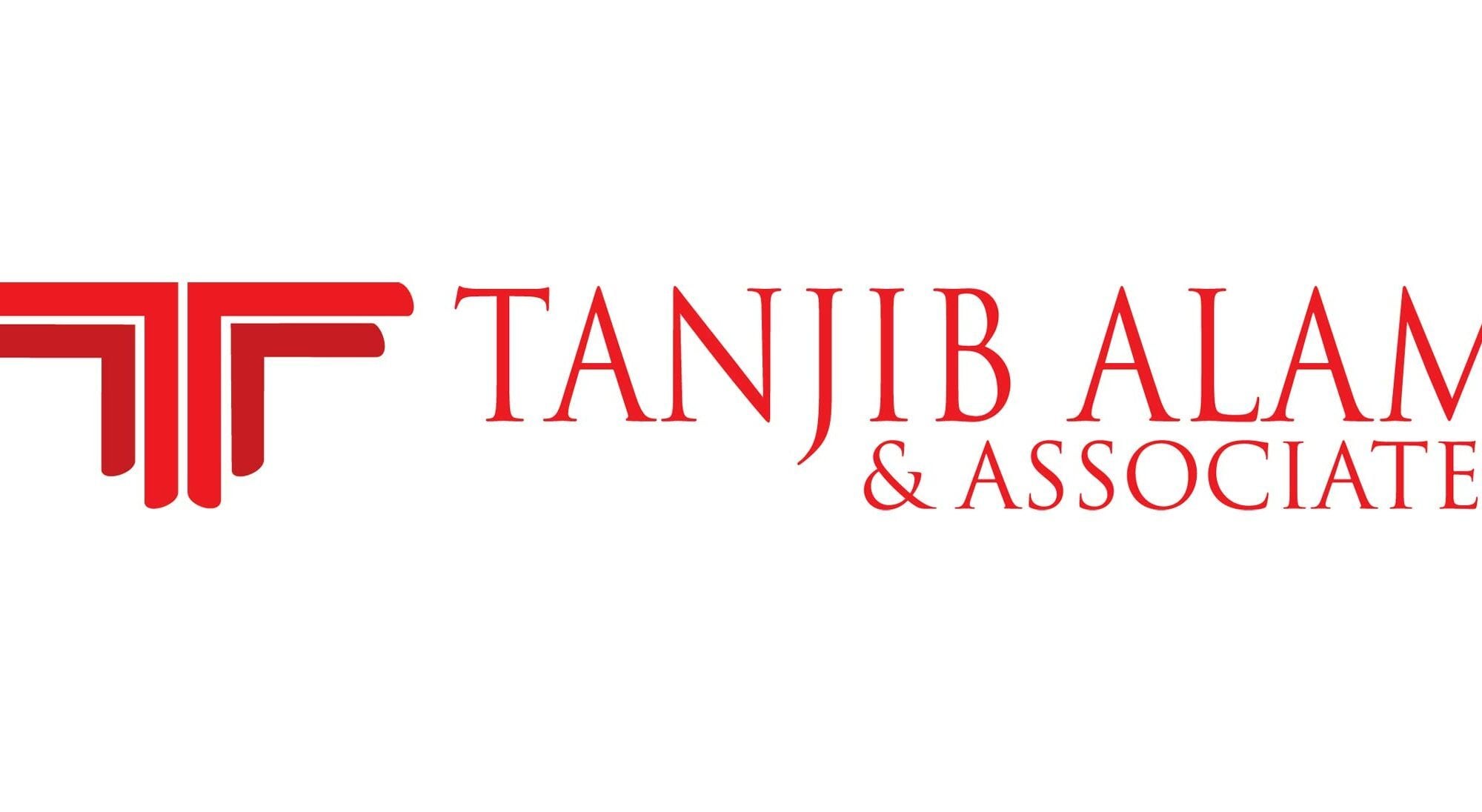Following prompt and proper anti-pandemic measures being undertaken throughout mainland China, the Chinese economy hasn’t suffered heavy losses. Business and development pace of similar large Chinese law firms hasn’t got essential changes nor challenges. We are recovering in an orderly and stable manner.
In 2020, we see opportunity and fast development in capital markets, investment, insolvency and restructuring, IP, anti-trust and dispute resolutions. Pharmaceutical and healthcare sector and high-technology related industry have developed. Since people are adopting the remote life and working style, data protection and compliance requests soar, attracting lots of attention.
During the coronavirus pandemic, from the very beginning we predicted that China’s economy would quickly recover and businesses were only temporarily suspended. Based on our market judgments and economic recovery and development, we quickly adjusted our business strategy deployment. Hence, when China generally reopens the daily operation, our business volume has exploded. In the first half of 2020, there’s a large backlog of work; but when entering the second of the year, business started to resume and fast rebound along with China domestic market recovery.
Impacts on cross-border business transactions and disputes
Although mainland China has been recovering from the COVID-19 impact, the world economy and daily life remains challenging. Cross-border matters including large scale overseas investment and M&A projects, financing activities, and cross-border disputes have been slow. Due to the worldwide lockdown, due diligence couldn’t be conducted normally; at the same time, transactions take much longer time to complete. The impacts on cross-border business transactions and disputes are severe.
We predict that next year, as the world economy recovering when Europe, North America and Hong Kong after the pandemic was brought under control, cross-border investment will recover and rebound after the long-term inhibition. We remain a very optimistic outlook of the cross-border business opportunity where our legal expertise can provide high-standard services.
Accelerated demand of remote work and IT facilities
The global COVID-19 pandemic has become a major incentive for law firms to embrace new ways of doing business. During the coronavirus lockdown, remote work and a shift to digital operations became the name of the game.
In order to maintain the business operation and to meet urgent project requirements during this special period, demand of remote IT operation facilities has been extremely accelerated. We need to quickly adopt to the change to keep working efficiency and maintain smooth communication internally and externally. Webinars, video conferences, remote hearing and various online accesses have been widely applied.
Although these online methods provide possibility to conduct business, we’re still eager of restarting normal operation since many legal work and communication such as due diligence needs to be delivered offline. It’s very clear we must invest more on remote IT facilities. But we believe that remote work will not significantly replace normal offline business and interaction after the reopening of the world.
About Global Law Office
Key clients
Other key clients:
International Finance Corporation, New Development Bank, UBS, Standard Chartered Bank, Blackstone, CICC, Hony Capital, IDG Capital Partners, KKR, Ping An, Primavera, New Frontier, China Resources, COFCO, COSCO, CNOOC, Sinochem, Sinopec, PetroChina, Jiangxi Cooper, Abbott Laboratories, S.A., Amazon, Beohringer Ingelheim, Bayer, BP, CJ, ESR, GSK, GE, Johnson & Johnson, SANOFI, SIEMENS, Shell, SK, SAMSUNG, Pfizer, Red Bull, TOYOTA, Nike, Husky, Alibaba, Autohome, Baidu, BeiGene, ByteDance, JD.com, Mengniu Dairy, Suning.com, SF Express, Tencent, Vanke, Xiaomi
The history of Global Law Office (hereinafter the “GLO”) dates back to the establishment of the Legal Consultant Office of China Council for the Promotion of International Trade (hereinafter the “CCPIT”) in 1979, when it became one of the leading law firm of China to take an international perspective on its business, fully embracing the outside world.
Firm timeline
GLO Milestone
1979
The China Council for the Promotion of International Trade (hereinafter referred to as the “CCPIT”) established the Legal Consultant Office, the predecessor of the Global Law Office.
September 1984
Upon approval by the Ministry of Justice, the CCPIT renamed the Legal Consultant Office to “China Global Law Office”.
July 1995
According to requirements of the Ministry of Justice, it was renamed as “Global Law Office”.
March 2000
Global Law Office Shanghai Office was established.
November 2000
Global Law Office was detached and reorganized according to requirements of the Ministry of Justice and renamed as “Beijing Global Law Office”.
November 2011
Beijing Global (Shenzhen) Law Office was established.
September 2018
HaoLiWen Partners and Beijing Global Law Office reached an agreement for business merger.
March 2020
Beijing Global (Chengdu) Law Office was established.
Major landmark deals
Corporate / Merger & Acquisition
- Chinese investor’s largest cross-border investment project in Turkey
- In 2019, Acquisition of the Turkey Istanbul Third Bosphorus Bridge and the Northern Marmara Motorway by Six-Party Consortium including Merchants Expressway
- The largest outbound investment and merger project by a Chinese company.
- In 2017, ChemChina’s proposed acquisition of Swiss and US-listed Syngenta for $42.6 billion.
- The first reverse merger case in which a red chip Hong Kong listed public company spins off part of its China business to list on A share market.
- In 2014, Skyworth Digital Holding Ltd, a Hong Kong listed public company, achieved the spin-off and listing of its domestic set-top box business (valued at RMB 3.5 billion) via China Resources Jinhua Co., Ltd. in A share market.
- The first state-owned red chip company listed in Hong Kong to acquire the controlling interest in an A-share company listed in China by means of a reverse takeover.
- In 2009, Tianjin Port Development Holdings Limited (3382.HK), through its wholly-owned subsidiary Grand Point Investment Limited, acquired 56.81% shares in Tianjin Port Holdings Co., Ltd. (600717.SH) from Tianjin Port (Group) Co., Ltd. for a total consideration of HK$10,961 million
- The first foreign investors on its acquisition of Chinese company by way of a general offer of all of its outstanding shares and options on the Stock Exchange of Hong Kong Limited.
- In 2002, advised SABMiller on Acquisition of Harbin Brewery Group Limited by way of a general offer of all of its outstanding shares and options.
Capital Markets and Securitization
- The first offshore supplementary capital instruments issued by Chinese financial leasing companies
- In 2020, China Development Bank Financial Leasing Co., Ltd. (“CDB Leasing”) successfully issued U.S.$700,000,000 2.875 per cent. Tier 2 Dated Capital Bonds due 2030 (the “Bonds”) in the international bond capital market.
- The first RMB dim sum bond in Central Asia
- In 2020, China Construction Bank Astana Branch successfully issued 1 billion offshore RMB bonds in the international bond capital market. The first landed in Central Asia was issued in offshore RMB and was jointly traded on the Astana International Exchange and Hong Kong Listed simultaneously.
- The first Coronavirus Combating Panda Bonds Issued by International Financial Organisations
- In 2020, advised New Development Bank on its CNY5 Billion Coronavirus Combating Bonds with a tenor of 3 years, issued in the China Interbank Bond Market for the purpose of granting the Emergency Assistance Program Loan to assist the Chinese government in combating the outbreak of COVID-19.
- The first financial securities issued by credit enhancement agency, the first open-ended financial securities issued by non-bank financial institution.
- In 2019, China Bond Insurance Corporation(“CBIC”)issued $1.5 billion open-ended financial securities (phase I).
- The first case in Chinese capital market in which a red chip architecture company directly issues A stocks and lists in domestic China, 2019
- China Resources Microelectronics Limited
- The first China Industrial Internet SaaS (Software as a Service) listing, 2019
- Fangduoduo.com listing on Nasdaq
- First offshore RMB bond listed in Hong Kong and Macau, 2019
- Beijing Infrastructure Investment Co., Ltd. successfully issued 1 billion offshore RMB bonds in the bond markets of Hong Kong and Macau
- The first domestic rail transit company to optimize financing and supervise corporate bonds, 2019
- Beijing Infrastructure Investment Co., Ltd. 2019 third bond
- The first international development agency RMB bond that has been registered and successfully issued (since the new rules for Panda bonds were issued in September 2018)
- New Development Bank successfully issues RMB 3 billion in bonds
- The first issuance of Panda Bonds by an international company in the PRC.
- Daimler AG in 2014.
- The first issuance of CNY bonds in Hong Kong, London and Taiwan markets.
- The Dim Sum and Island Bonds issued by China Construction Bank Corporation Limited as the first batch of Mainland-background issuers between 2008 and 2013.
- The first credit risk mitigation agreement (the Chinese equivalent of CDS) and credit risk mitigation warrants in the PRC.
- The CRMA and CRMW issued by China Bond Insurance Co., Ltd. as protection seller in 2009
- The first state-owned red chip company listed in Hong Kong to acquire the controlling interest in an A-share company listed in China by means of a reverse takeover.
- Tianjin Port Development Holdings Limited (3382.HK), through its wholly-owned subsidiary Grand Point Investment Limited, acquired 56.81% shares in Tianjin Port Holdings Co., Ltd. (600717.SH) from Tianjin Port (Group) Co., Ltd. for a total consideration of HK$10,961 million
- The first issuance of medium-term notes in the PRC interbank bond market.
- Huadian Group as the first batch of issuers in 2008.
- The first OTC derivatives master agreement and relevant definitions documents in the PRC.
- As the key drafting member for the NAFMII Master Agreement and its Definitions between 2007 and 2013.
- The first onshore asset securitisation transaction.
- Securitisation of financial receivables of RMB13.25 billion of China Huarong Asset Management Company.
- The first offshore securitisation transaction, backed by receivables generated from PRC-based originators’ offshore receivables.
- The 1997 COSCO offshore freight receivables securitisation project.
- The first and second N-Share offering and listing of PRC-based enterprises on the New York Stock Exchange.
- Brilliance Automotive China Holdings Limited in 1992 and China Yuchai International Limited in 1994.
Project Financing and Others
- The first leasing of aircraft.
- Southern Airlines of China in 2001.
- The first power plant with overseas project financing.
- Shandong Rizhao Power Plant in 2000.
- The first nuclear power plant project.
- Dayawan Nuclear Power Plant in 1987.
- The first Sino-USA joint venture project.
- Shanxi Pingshuo Coal Mine in 1985.
Dispute Resolution
- The first maritime case involving the International Convention on Civil Liability for Oil Pollution Damage of 1969. “Yian Jiu You 2” ,2000.
- The first case to apply the Docdex Rules of the International Chamber of Commerce in Paris, France, involving a Chinese bank in relation to a letter of credit dispute. The Beijing Commercial Bank L/C case ,1996.
- The first successful case of recognition and enforcement of a foreign maritime arbitration award. The vessel “Garden Gate” ,1993.
- The first maritime case covering the whole procedure from ship arrest to ship sale.
- The vessel “Lago” ,1985.
- The first case of a PRC-based party defending a lawsuit in the USA.
- The “Firecracker Case” ,1979.
- The first arbitration case in Stockholm. Representing a joint-venture company based in Guangdong Province before the Arbitration Institute of Stockholm Chamber of Commerce.
- International Trade
- Represented China Chambers of International Commerce (CCOIC) in the high-profile Section 301 investigation initiated by the U.S. with respect to China’s technology acts, policies and practices in 2017.









